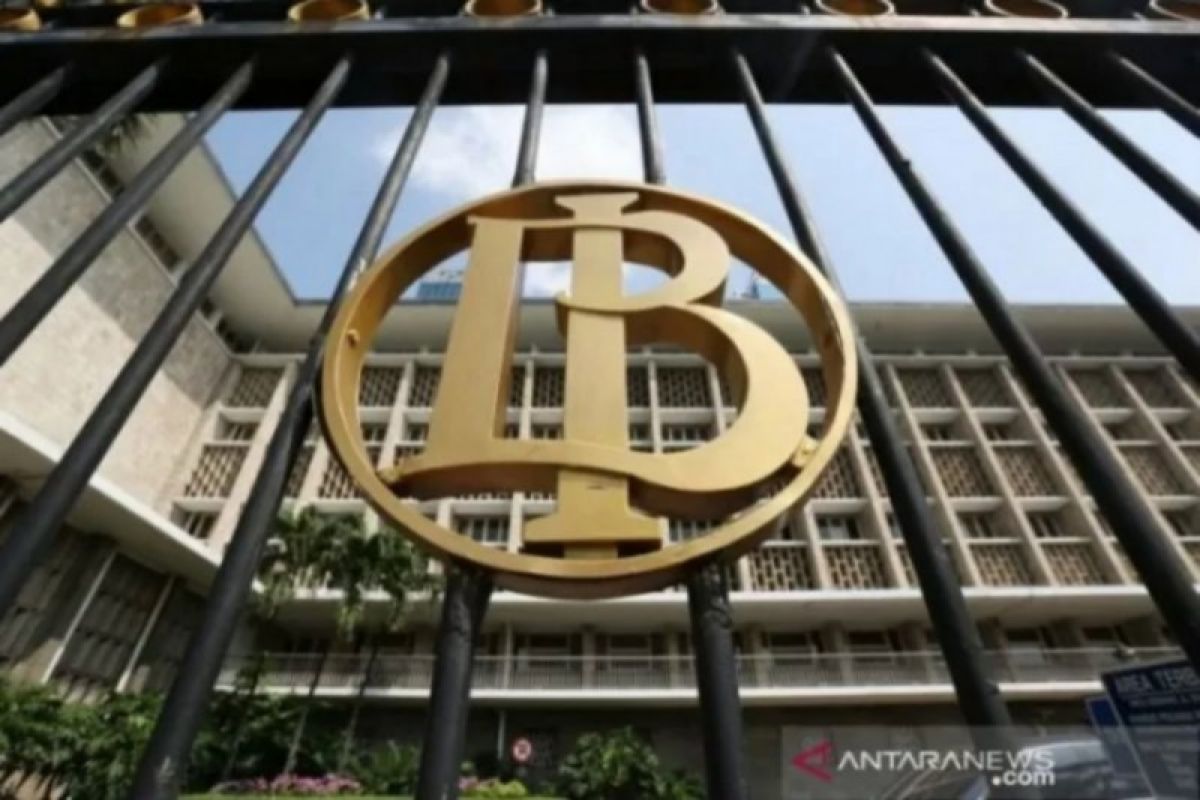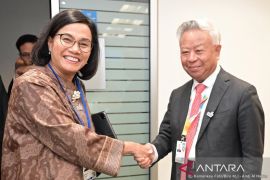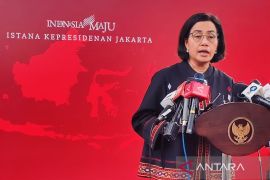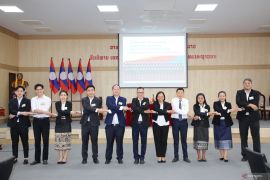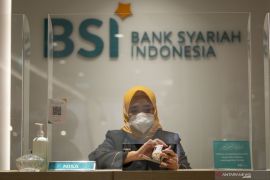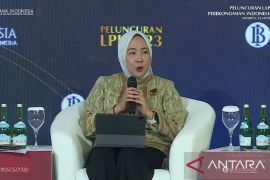Global financial market uncertainty due to the COVID-19 outbreak is escalating, despite early signs of the spread of the virus slowing in China, Executive Director of Bank Indonesia (BI) Communication Department Onny Widjanarko said in a statement received in Jakarta on Monday.
The latest assessment, conducted by Bank Indonesia, shows that the spread of COVID-19 in China has begun to slow, resulting in an uptick of economic activity in the country.
Notwithstanding, uncertainty in financial markets continues to increase, as more coronavirus cases are detected outside China.
Consequently, global investors are withdrawing funds from financial markets in developing countries in favour of safe-haven assets and commodities, such as UST bonds and gold.
Such dynamics are amplifying international financial market pressures and have prompted intense broad-based depreciatory pressures on global currencies, including the Indonesian rupiah.
The Government has and will continue to expand room for fiscal stimuli, while ensuring ease of doing business in the real sector, including tourism, as well as export-import activity, in order to sustain domestic economic growth momentum.
Furthermore, Bank Indonesia is consistently maintaining monetary, rupiah and financial market stability, while building economic growth momentum.
Additionally, the Indonesian Financial Services Authority (OJK) has instituted policies to stabilise the stock market and strengthen banking industry resilience and other financial services.
At the monthly RDG meeting held on 19-20th February 2020, the BI Board of Governors agreed to implement a range of policies to mitigate the COVID-19 risks.
The policy rate, BI 7-Day (Reverse) Repo Rate (BI7DRR), was lowered 25bps to 4.75 percent.
Furthermore, Bank Indonesia continues to orient monetary operations towards maintaining adequate liquidity and supporting the transmission of an accommodative policy mix.
Meanwhile, Bank Indonesia is adjusting the calculation of the Macroprudential Intermediation Ratio (MIR) by expanding the funding and financing purview for foreign bank branches towards further national economic advancement.
In addition, Bank Indonesia will continue to strengthen payment system policy towards fostering economic growth through the expansion of QRIS (Quick Response Code Indonesian Standard) acceptance and electronification of social aid program (bansos) disbursements and local government financial transactions.
Related news: Inflation target can be maintained until 2020-end: BI
Related news: Covid-19 hampers global economic recovery: BI
Reporter: Azis Kurmala
Editor: Gusti Nur Cahya Aryani
Copyright © ANTARA 2020
